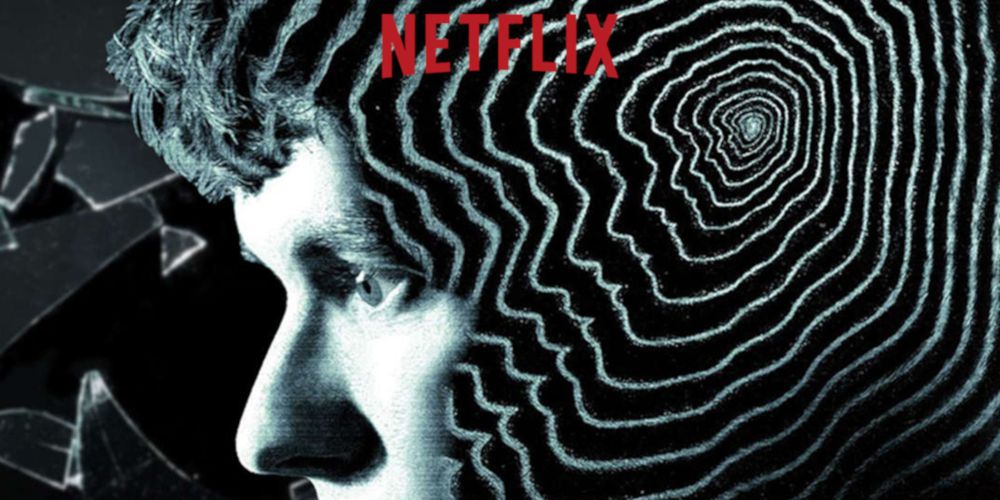It's been decades since I last read a choose-your-own-adventure novel, but they left an impact on me. Escape From the Carnival of Horrors by R. L. Stine—yes, there was a spin-off series of Goosebumps choose-your-own-adventure books!—is one of my favorite stories read during elementary school. Reading the choices at the end of a chapter and flipping to the noted pages, only to be caught by a monster? Thrilling stuff.
So I was excited when I first heard about Bandersnatch, an interactive film spin-off of the Black Mirror TV series, which I absolutely adore. I wasn't able to watch it until now, but fortunately I've been able to avoid any and all spoilers up to this point.
Did it live up to my expectations? Sadly, no, but it wasn't bad either.
The Good
Bandersnatch does a great job in priming the viewer for the whole "choose your own adventure" concept, starting with the narrative itself—which centers on Stefan's video game adaptation of an in-world fictional choose-your-own-adventure novel—and the first decision put upon the viewer: Which brand of cereal do you want for breakfast? And later, Which music do you want to listen to?
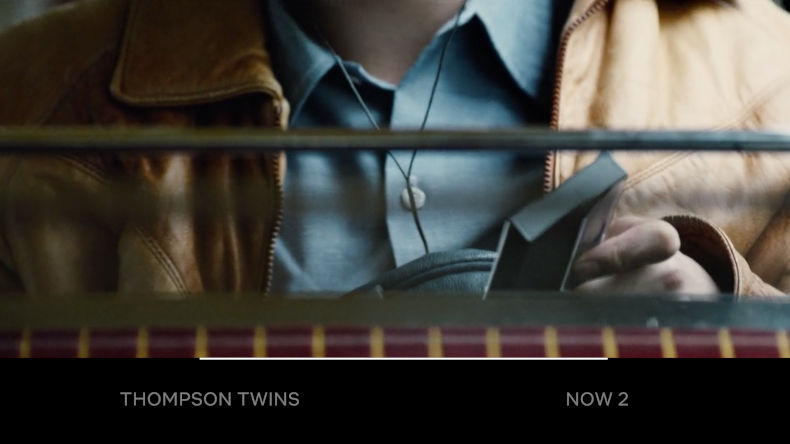
It's inconsequential, as it should be. The viewer shouldn't have to choose a game-defining action, so to speak, as the very first thing they do. They need to be eased into the concept and made aware of what's expected of them, and Bandersnatch handles it deftly. Not to mention that when the viewer does eventually make a "wrong" decision—defined as a choice that fails to propel the narrative forward toward one of the many endings available—or finish at one of the numerous endings, the script allows you to wrap back around to one of the crucial decisions that you could've made differently and fast-forwards through all of the preceding cruft, dropping the viewer back into the narrative without much wasted time.
The technology behind the actual decision-making is simple: the two options appear at the bottom of the screen for the viewer to click. But the technology that drives the branching story is complex—or maybe "technology" isn't the right word, rather "effort" and "planning." You'll encounter plenty of proverbial forks in the road as you watch Bandersnatch, and it's impressive how cleanly everything loops back onto each other as needed (yes, some shots are reused in places, but the editing never feels jarring and the context always carries it forward well).
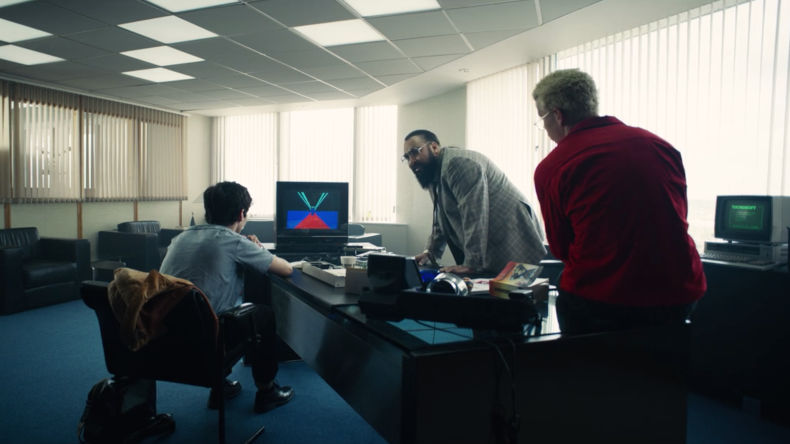
What's most impressive is that Bandersnatch's narrative, although I suppose it depends on which storyline you go down, eventually turns into a meta-narrative where the viewer actually becomes complicit in what takes place in the in-world storyline. Bandersnatch turns you into a character, so to speak, and the unfolding experience is quite an interesting one.
Although I haven't discovered them all, Bandersnatch supposedly has 10 separate endings, and five of them are "main" endings. I stopped watching the moment I arrived at what felt like a main ending, and it was one of the most ridiculous, surreal, and downright hilarious conclusions to a TV episode I've ever seen. While I'd like to know how the other endings play out, I feel it would cheapen the impact of the ending I got.
All in all, I got about an hour of entertainment from Bandersnatch, and I feel more than satisfied with the overall experience.
The Bad
Here's the thing about Bandersnatch's gimmick: It's impossible to know which choices are meaningful and which aren't.
Something as mundane as which vinyl record you decide to buy could have far-reaching consequences, whereas what appears to be a life-defining moment could lead to the same fate no matter which way you go. But I suppose that's the point of Bandersnatch, isn't it? That this is what life is like, and there's no point fretting over the past, over which decisions were the ones that actually brought you to this point—every decision played a role in getting you here, regardless of how important it felt at the time.
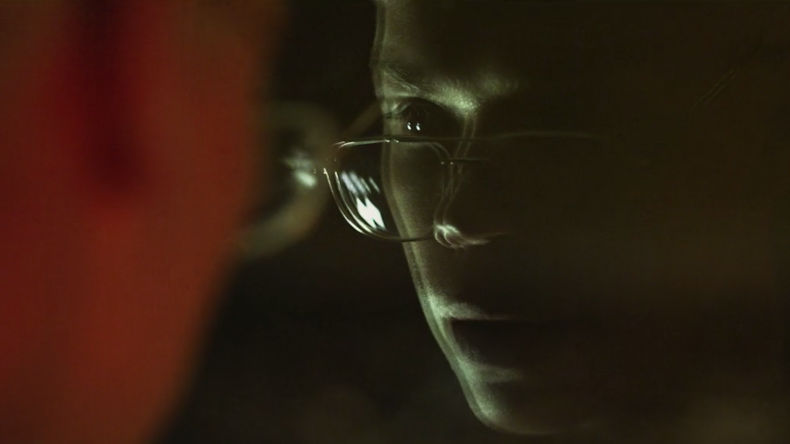
Yet, there's an element of Bandersnatch that pulls the rug out from under its own message, and that's the fact that you can always go back and replay the narrative, choosing to take path separate from paths you've taken before. While I can understand Netflix's rationale for allowing this—they've filmed over 5 hours of actual content, and they want those hours to pay off in terms of viewer engagement—it does undermine the whole notion of choice: If you can go back and redo a decision, was it really a decision at all?
And knowing that you always have the option to start over if necessary robs each choice of their impact. Even from the very beginning, I found myself playing Bandersnatch as more of a game than an immersive story to experience personally. Whereas the goal of a choose-your-own-adventure tale—at least in the best ones worth reading—is to put you in the shoes of the main character and vicariously live out the consequences of the decisions you make, Bandersnatch failed to nail down that feeling of empathy. I never felt like I was stuck in a tough decision; I simply wondered which choice would take the story in the direction I wanted it to go, and tried to outthink the branching tree of paths set up by the plot designers.
Not to mention that some decisions aren't really decisions at all:
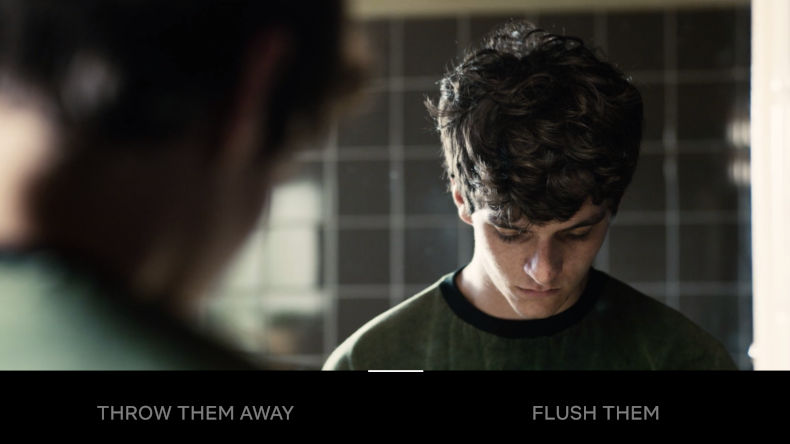
Bandersnatch is fundamentally the same as a choose-your-own-adventure novel, translated into a TV medium. So why does it feel so different an experience? Why doesn't it engage me in the same way that a book might? Is it a failure of the medium itself, that books offer an intangible substance that TV could never? Is it a failure of Bandersnatch in execution? The subject material, or the strength of writing, or even the number of options offered at each choice?
With a sample size of one, it's impossible to say. But given the complexity of Bandersnatch—Charlie Brooker has gone on record saying that it required the equivalent effort of creating four regular episodes of Black Mirror—I don't think we'll see that sample size increase any time soon. And to be honest, if I had the choice to start over, I'd sooner watch four new episodes of Black Mirror than another one of these.
And, predictably, there wasn't much character to be found here. The concept pretty much calls for a story that's entirely plot-driven, so it doesn't surprise me that Bandersnatch ran with plot at the expense of character.
The Verdict
I chuckled when I saw this Black Mirror callback:
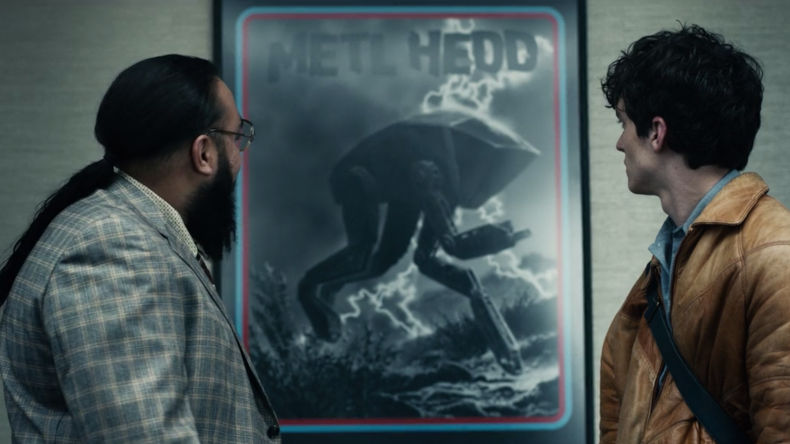
When all's said and done, Bandersnatch is surprisingly forgettable. It lacks the one thing that gives the best of Black Mirror's episodes their staying power: biting, almost prophetic, commentary about the state of the world and where we're heading. Bandersnatch wants to say something about the illusion of free will, but fails to do so. What we get is philosophical navel-gazing dressed up as a Netflix tech demo.
So, should you watch Bandersnatch? Absolutely. It's worth the experience—at least one time through until you hit a proper ending—and doesn't cost you a thing if you already have Netflix. It just isn't as revolutionary as it first seemed when it released in 2018, so don't set your expectations too high.
